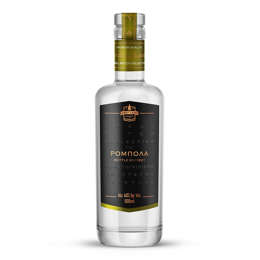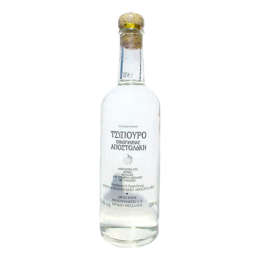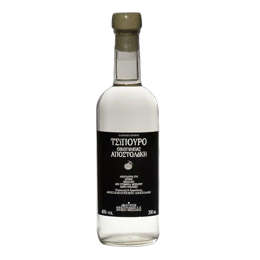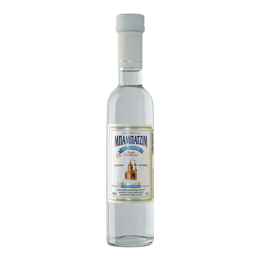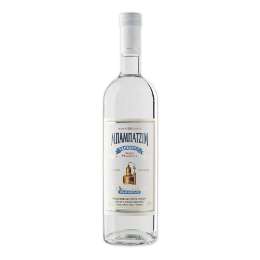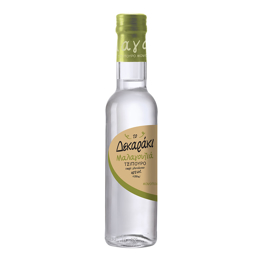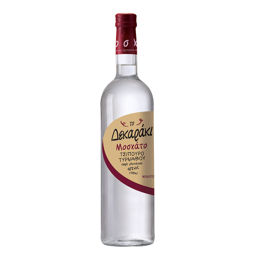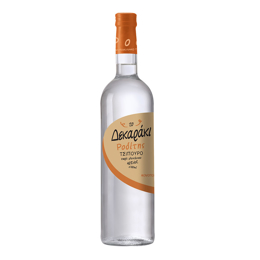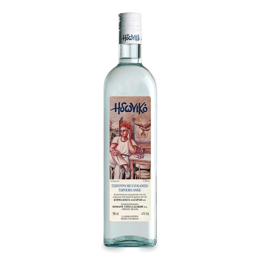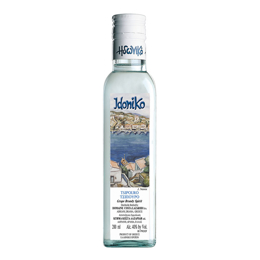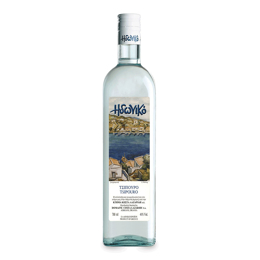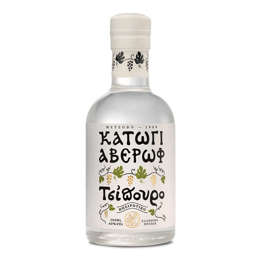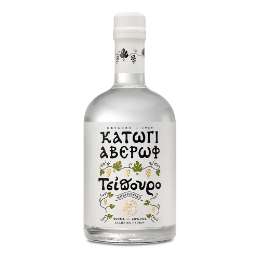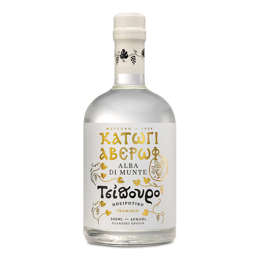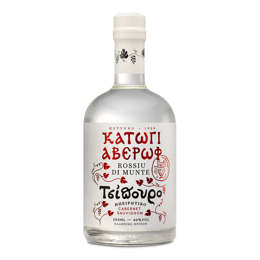Tsipouro
Tsipouro is an alcoholic beverage, produced from the distillation of grape pomace, after the end of the harvest. Grape Spirits, on the other hand, come from the distillation of the whole grape and this is why the variety characteristics are more obvious. Find Grape Spirits and Tsipouro in this category.
Tsipouro Katogi Averoff 500ml
Tsipouro Loco Docko 200ml
- 1
- 2
Frequently Asked Questions
01What is tsipouro and how is it prepared?
Tsipouro is a distillate. The remains of grape crushing (during vinification) are allowed to undergo alcoholic fermentation and then distilled in pot stills, together with water. Even oxidized wine or fermented juices of other fruits can participate in the distillation.
02What is the difference between tsipouro with anise and without anise?
If anise is added to the pot still, then the resulting tsipouro has its characteristic aroma. Other than that, there is no difference.
03Which are the most popular tsipouro brands in Konstantakopoulos liquor store?
Dekaraki, Tsipouro Babatzim, Tsipouro Tsilili, Tsipouro Apostolaki and Katogi Averof are the most popular in Konstantakopoulos liquor store.
04What is the right temperature to serve tsipouro?
Tsipouro flavored with anise is usually enjoyed with ice. Unflavored tsipouro varies in how it is consumed. Some prefer it at room temperature, others just keep it in the fridge, and others add ice to cool it down more. The season of the year, during which we enjoy this magical distillate, also plays its part.
05What side dishes go best with tsipouro?
Tsipouro can accompany almost anything. It goes best with seafood appetizers, cheese and charcuterie platters, fruit salads, nuts, potato chips and grilled meat.
06What is the aging process of tsipouro and how does it affect its taste?
The aging of tsipouro in barrels, usually made of oak, offers flavors of honey, wood, vanilla, coffee and dried fruits. Often, its aftertaste becomes sweeter and drier.
07What are the main features of a premium tsipouro?
Aged tsipouro can be considered a premium drink. It combines the fruity character of simple (unaged) tsipouro with the strength of the barrel. However, aging is not the only path to the premium designation. When tsipouro is monovarietal, capable of highlighting the uniqueness of the variety of origin, then it can rightly be called premium.
08How can I choose the right tsipouro for a gift?
Whiskey lovers will definitely appreciate aged tsipouro. Fans of colorless spirits, like gin and vodka, might prefer a cask-free tsipouro. In any case, any tsipouro from an established producer makes a great gift.
09What is the correct method of storing tsipouro after opening?
The rule is reminiscent of ouzo. If tsipouro has anise, then it is stored outside the refrigerator. If it is unflavored, then it is stored anywhere, depending on each person's preference. Quite o lot of people put the bottle in the freezer, in order to increase the viscosity of the drink and reduce its "aggressiveness" to the throat.
10What are the main characteristics of tsipouro from different regions of Greece?
There are two levels of differences: the grape varieties and the addition of herbs. Thessaly, for example, is famous for the rose notes in its tsipouro, because Moschato of Tyrnavos is often used as a raw material. In Epirus tsipouro is more "strict". In many parts of Macedonia, anise dominates the character of tsipouro, while in the Peloponnese we find great pluralism, due to the multitude of grape varieties and preparation approaches.


